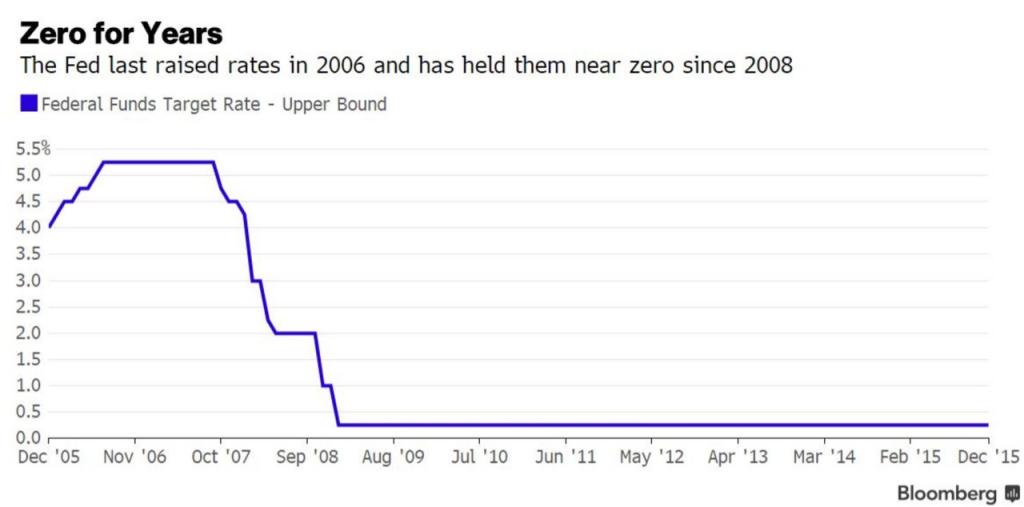Software Industry Post-ZIRP
- Meg Bear
- Apr 12, 2024
- 4 min read
Updated: Jan 13
As you all know I’ve been talking to a lot of people these days. I’m also reading a lot and I’m thinking even more. It’s a great gig if you can get it, I’m learning so much. I’m keenly aware of the privilege and I wish similar experiences for you.
As I think about the business of software, I’m reflecting on the macro. I figured it might be helpful for me to break this down a bit for those who are either less experienced [this means old] or less of a macro reflective [this means nerdy].
You are not imaging that the last 24 months have been a real grind for our industry. This started to get obvious in the months running up to March 2022 and things have not settled down since. Many tech businesses are struggling. It’s emotionally taxing and unsettling, especially for the leaders and executive teams who are being forced to pivot.
We don’t talk about enough is just how long it takes for software companies to reach sustained profitability, or even what is the right amount of profitability (pretty sure the answer for an activist investor is VERY different from a tech innovator on this question). This lack of business understanding (vs. revenue understanding) goes broad and deep. Most executive teams have been trained to talk exclusively about bookings and revenue growth. Most engineering and product leaders have learned to talk exclusively about investment and headcount (cost not revenue).
Until very recently, very few conversations gave sufficient debate between growth and profit and even fewer leadership teams have been able to do the HARD collaborative work on getting aligned on the real trade offs to drive the business forward. If the only shared leadership metric in focus is top line growth you are naturally going to believe that the rest of the business indicators are less important.
The tech reality distortion field has allowed most to believe that anything outside of the top line was pedestrian. Details each department would manage on their own. Portfolio and strategy execution are relegated to the budget process monitored by finance.
The problem with making this only a budget discussion is that budgets are often based on organizational muscle memory. They get built by smart spreadsheet people with a delta mindset, +/- over prior year. This approach is grounded in a core belief that we know what we are doing and that past performance is the best predictor of future success. This is great if nothing is changing but then interest rates started going up and there was a collective whoops moment.
The belief that the best way to navigate the future of tech is by adjusting what we did in the past is probably flawed. I mean seriously flawed.
A feel a need to quote Safra Catz
If it doesn’t make sense… it doesn’t make sense!
The software business playbook for the last few decades has been about growth at all costs. The go big or go home thinking was not just arrogance, it was actuallyrational behavior based on [recent] experience. Moving fast and breaking things was THE proven path to unicorn status.
The real issue is that without exits, the software ecosystem atrophies and this is very dangerous for both innovation and opportunity. What is unique about this post-ZIRP moment is that we have both a boom and bust cycle happening at the same time. If you are part of the new new thing [all things AI] the future looks bright. If you are a mature and successful software solution things are HARD.
In software there are three primary exit strategies – IPO, Private Equity or strategic purchase. Lucky for everyone, all three seem to be improving in 2024 but the exit opportunities are much harder to capture.
To successfully navigate this new normal you need to embrace the reality that the rules are changing mid-game. This means you have to adapt your strategy, it does not mean you need to lose hope. The scrappy can-do attitude of tech is exactly the right mindset, but we all need to collectively embrace unlearning. Keeping your head up to context shifts and asking yourself what are we doing wrong (for this context) early and often.
Most importantly, you are probably going to need to build some new support systems and habits. In fact, that is where I’d recommend you start. Instead of jumping straight into problem solving, ask yourself who you need to connect with to fill your bucket and remind yourself of your why.
Then dig in on who you need to help you think differently, because I am confident that those who challenge our assumptions and help us rethink what we know are exactly the guides we need.
Together we are going to successfully navigate this exciting and crazy future – but we will only succeed when we let go of the belief that we know what happens next.

Comentários